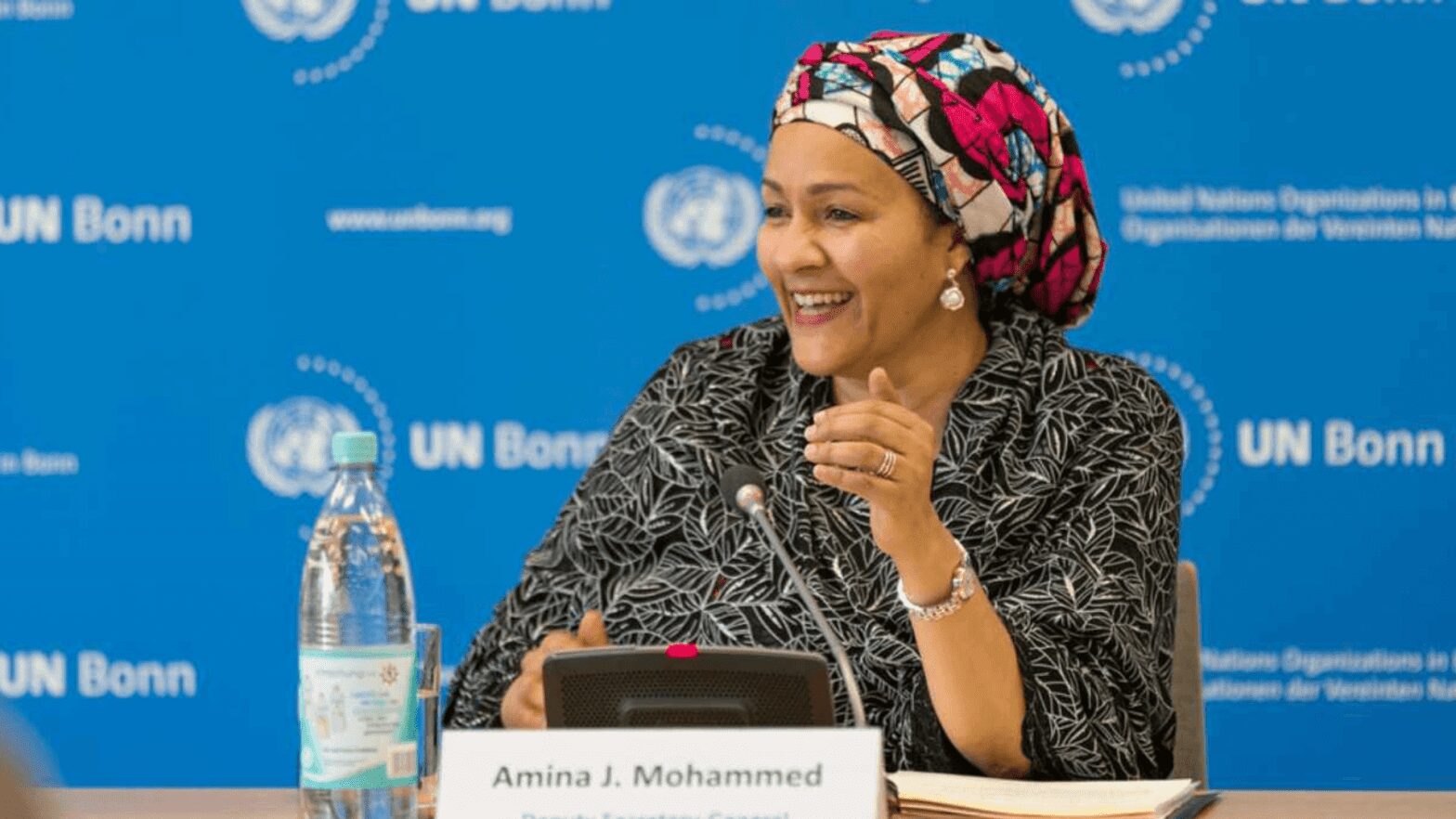Climate change is becoming increasingly evident and greenhouse gas (GHG) emissions are increasing across the world. To mitigate the impacts of climate change, it is necessary to reduce GHG emissions, which means decarbonizing the global energy matrix. However, decarbonization is a huge challenge, with many political, economic and technical barriers. Decarbonization is linked to the ESG agenda of many companies and countries in different sectors and aims to bring emissions below zero.
The decarbonization of the global energy matrix is a process of transitioning energy production from fossil fuel sources (such as coal, oil and natural gas), to renewable and clean energy sources, such as solar, wind, hydroelectric, geothermal, among others. The main objective is to reduce greenhouse gas emissions, responsible for global warming and climate change, ensuring a more sustainable and less polluting energy matrix. This process involves not only the adoption of new energy generation technologies, but also the improvement of energy efficiency, the increase in energy storage capacity and the adoption of public policies to encourage the transition to renewable energy sources.
One of the great challenges of decarbonization is that the entire process needs to take place within a period of less than 30 years to achieve the goal of limiting GHG and waste emissions, as established by the Paris Agreement. Decarbonization is essential for countries to be able to fulfill their Nationally Determined Contributions (NDC) and thus achieve what was agreed in the Paris Agreement of keeping global warming below 2°C by 2050.
One of the main problems regarding the decarbonization of the global energy matrix is the need for an integrated approach. Diversification of renewable energy sources is essential, including solar, wind, hydroelectric, geothermal and biomass energy. For example, solar energy is intermittent and requires energy storage to be used reliably, while hydropower can affect the local ecosystem and biodiversity. Therefore, an integrated approach that combines different sources of renewable energy is necessary to guarantee the reliability and sustainability of the energy matrix. The integrated approach allows for a smooth and balanced transition to a more sustainable energy matrix, benefiting both the environment and the global economy.
Energy storage is another major challenge for the transition to a cleaner energy matrix. As renewable energy generation is still highly dependent on weather conditions, it is necessary to develop large-scale energy storage systems to ensure that energy is available when needed. Lithium-ion accumulator technology has been widely used for energy storage, but there are also other technologies in development such as flow batteries, green hydrogen and thermal storage systems. It is important to invest in research and development of new technologies to make energy storage more efficient and affordable.
There are still many challenges to be overcome. Infrastructure and regulation need to be adapted to accommodate the growing share of renewable energy in the energy matrix. This includes building smart energy distribution grids, expanding energy storage capacity, and developing policies to encourage distributed generation of renewable energy.
The decarbonization of the energy matrix also faces geopolitical challenges. Many oil and natural gas producing countries rely heavily on these commodities for their economies, making it difficult for them to commit to the transition to renewable energy. There are also energy security issues, as many countries depend on fossil fuel supplies from other regions.
Perspectives for the Decarbonization of the World Energy Matrix
The prospects for the decarbonization of the global energy matrix are extremely positive. With the advancement of renewable energy technologies, such as solar and wind, it is possible to gradually replace fossil energy sources, reducing greenhouse gas emissions and mitigating global warming. Furthermore, the expansion of renewable energy sources can boost economic development and job creation in several countries.
One of the main factors driving the transition to renewable energy is the fall in production costs. With the evolution of clean energy generation technologies, such as solar panels and wind turbines – and the expansion of the scale of production – prices have been falling significantly, making renewable energy increasingly competitive in relation to fossil energy sources. Furthermore, the advancement of energy storage technologies, such as batteries and hydrogen systems, allows for better integration of renewable sources into the energy matrix, ensuring a stable and reliable energy supply.
Other promising perspectives for the decarbonization of the energy matrix include society's growing awareness of the importance of reducing greenhouse gas emissions and mitigating global warming, as well as public policies more favorable to the transition to renewable energy, such as tax incentives and subsidies for clean energy production. Furthermore, it is important to highlight the need to ensure that the transition to renewable energy is fair and equitable, involving affected communities in the process and taking measures to minimize the negative impact on vulnerable groups, such as workers in traditional energy sectors.
In China, for example, renewable energy already represents more than a third of the energy matrix, surpassing energy generation from fossil fuels. In the United States, renewable energy has been growing at a rapid pace, with installed solar and wind energy capacity doubling in the last five years. Furthermore, both India and Italy have also seen significant growth in renewable energy generation in recent years, driven by falling technology costs as well as progress in energy storage technologies.
With all these positive perspectives, it is possible to envision a near future in which the world's energy matrix is completely decarbonized, boosting sustainable economic development and ensuring a healthier planet for present and future generations. Renewable energy is already a reality in several countries and the tendency is for its participation in the global energy matrix to continue to grow in the coming years, becoming increasingly competitive and efficient.
Social, Economic and Environmental Reflections
Changing society's habits is a crucial factor in the decarbonization of the world's energy matrix. The transition to a decarbonized energy matrix has been widely discussed in recent years as a crucial measure to face the global climate crisis. However, this change will not only affect the energy sector, but will have significant repercussions on various social, economic and environmental aspects.
It is essential to promote the use of renewable electrical matrices and the reduction of energy consumption to achieve the decarbonization of the global energy matrix. This transformation requires a change in collective mentality, where each individual is responsible for contributing to a more sustainable future. For example, some cities around the world are encouraging the adoption of more efficient technologies, such as solar panels on homes and commercial buildings, by offering subsidies for the installation of energy efficient systems. Furthermore, educational programs to raise awareness about the impact of energy consumption on climate change are being implemented in many countries, such as Germany, Denmark, Japan and Sweden. These initiatives are fundamental to achieving a more sustainable future that is less dependent on fossil fuels.
The transition to a cleaner energy matrix can have a significant impact on public health. Reducing air pollution caused by the burning of fossil fuels reduces the incidence of respiratory and cardiovascular diseases. Furthermore, installing renewable energy systems in remote areas improves access to energy and drinking water, improving the quality of life in communities. The transition to renewable energy sources also creates green jobs and contributes to long-term economic stability, as renewable energy is one of the fastest growing industries today. In short, the decarbonization of the global energy matrix is a complex and multidimensional process that requires a careful balance between environmental and social benefits and economic challenges.
Although there are many challenges to be overcome, the outlook is positive, with renewable energy becoming increasingly competitive and energy storage technologies becoming more advanced. It is crucial that the transition to renewable energy is fair and equitable and that all sectors of society are involved in the process.
















